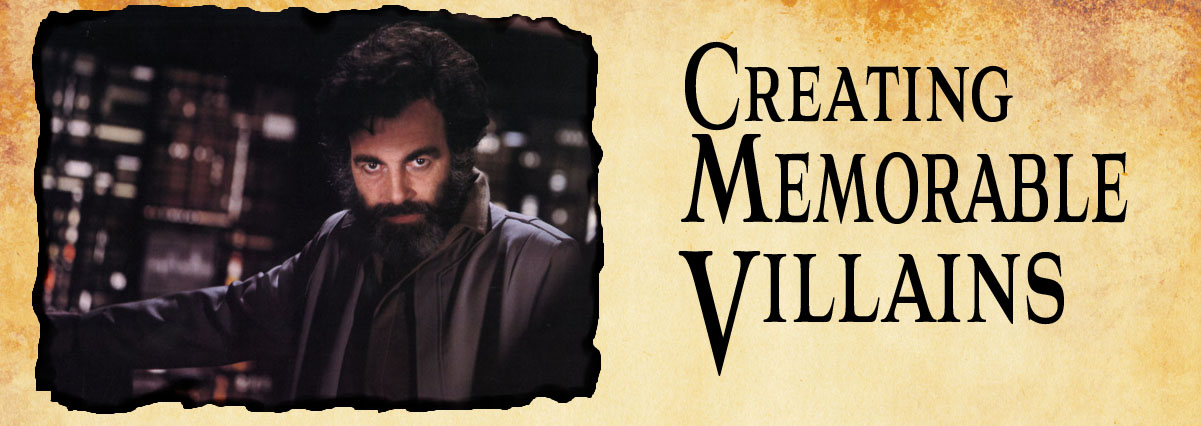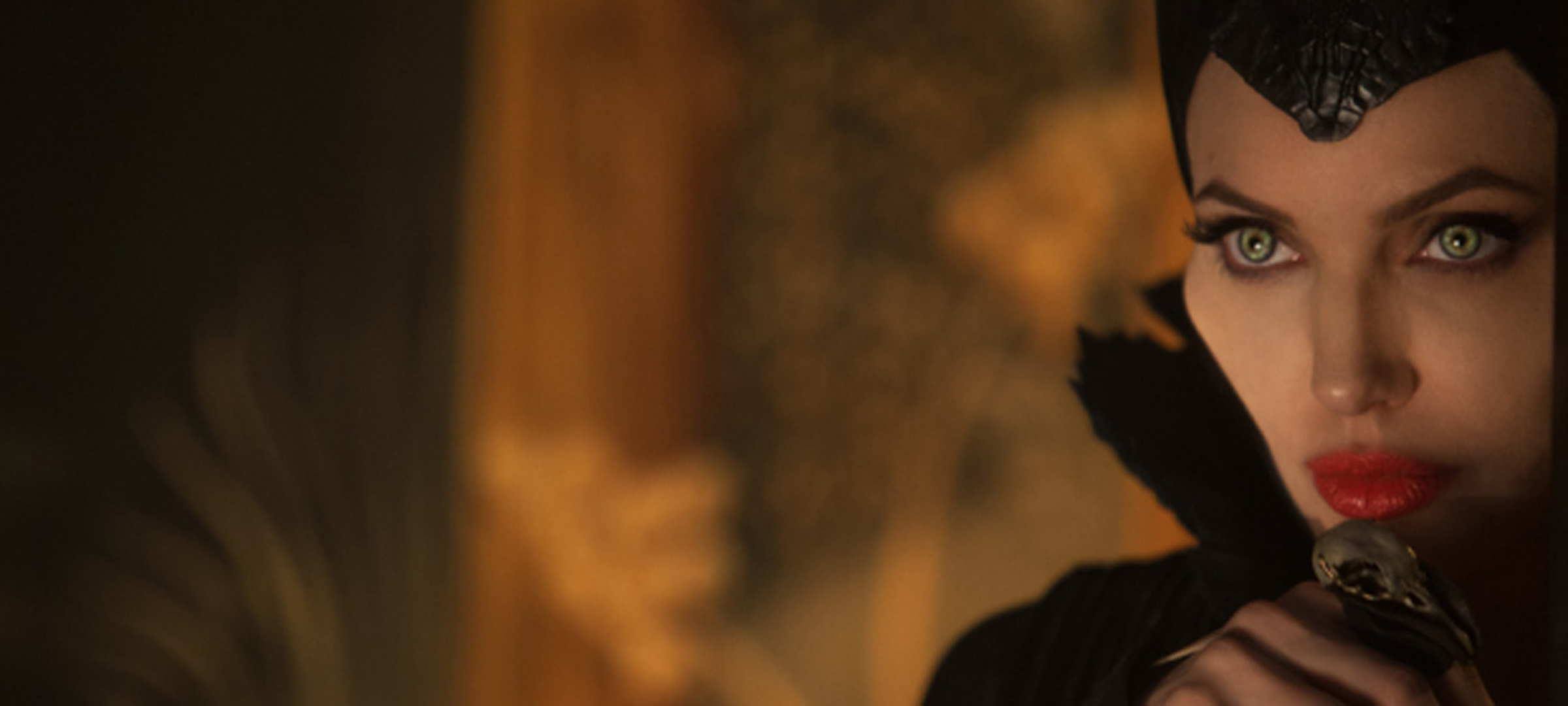How to Create Memorable Villains
Most good stories that stand out in my mind as extremely memorable involve an extraordinary villain. One of my favorite films is The Black Hole, an old Disney science-fiction film. All of the characters in that movie are dramatic actors and the villain (as played by Maximilian Schell) is extremely memorable. He is a brilliant scientist and brooding. Every moment on screen he manages to drive deeper into your mind the threat he poses.
I remember when I was a kid sitting at my grandfather’s house and watching Star Wars: A New Hope for the first time (back then it was on VHS tape). The duel between Vader and Ben Kenobi fixated my attention like nothing else. I was intrigued. Who was this Vader? Why had he changed into a “master of evil” as Kenobi put it? These questions are the type that any good villain will raise in the mind of a book reader or a movie viewer.
Often a fiction writer focuses on finding ways to make the reader relate to the hero in the story. They show the character’s weaknesses and show how he/she overcame them in order to mature into the protagonist you’ll love. But too often the antagonist is a “cookie cutter villain.”
In the Harry Potter books Voldemort was glimpsed from his youth and shown as a ruthless man. In Tolkien’s The Silmarillion Melkor was revealed as being a corrupter of all good things… My point? There are many ways to approach villain creation as long as you take the time to develop that villain’s history.
When approaching the villains in my stories I try to remember that the characters’ histories will enable the reader to care about what happens to them. For example, when I wrote the opening for Swords of the Six I had to make the reader care about the villains so that they would want those villains to pay for their crimes, but I wanted the reader to be intrigued and ask questions as to why and how the villains had become the characters seen in the story.
It is imperative that you ask yourself:
- What kind of childhood did this villain have? An orphan, an only child, or one of many children. A happy home or a depressed one. All of these considerations make us care about the villain even if we are rooting for their destruction.
- Who mentored this villain, or whom do they look up to? Parents or the lack thereof and the mentors they look up to will shape the person you become. Understand how your villain thinks by understanding what mindset those around him have encouraged.
- What motivates them in their villainous deeds? Often the motivation is power, yet the quest for supremacy is not motivation enough. There is an ideology behind each villain and reasons that they have forsaken a moral code. Know what motivates them and you will understand how they can change through the story in their encounters with other characters.
In The Black Hole the villain is an insane but genius scientist. He is both indispensable to the protagonists and at the same time they cannot allow him to continue.
In writing a villain we need to understand the personality’s impact on the fictional world and also what drives that personality. Adding depth to the character enables greater risk and greater reward when said villain is defeated or converted. Creating memorable villains is hard, but oh so worth it! In Swords of the Six I had the opportunity to show several types of villains, each with different motives, and the result was a story that leaves me the writer eager to explore the villains in depth and be more creative in determining their demises.
Q: Which villains stand out to you and why?


